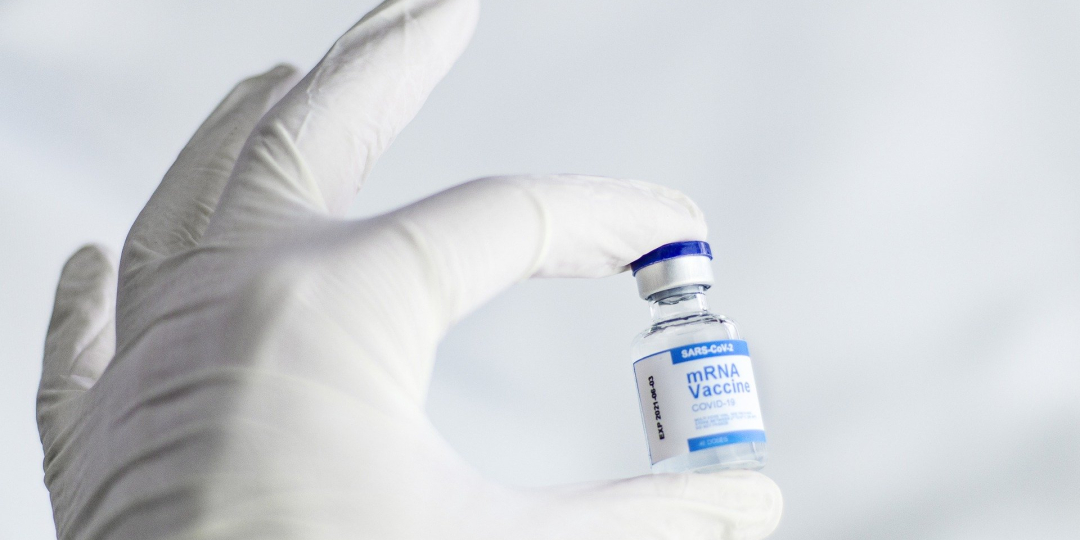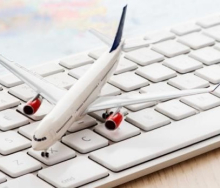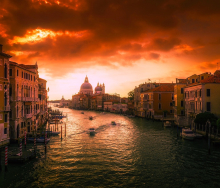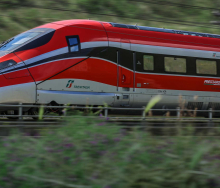Vaccination has a vitally important part to play in reopening travel to and from South Africa but the issue seems to be more complex than initially understood.
The global scenario is now one of a growing range of different vaccines being accepted or not being accepted for travel into different countries.
The South African Health Products Regulatory Authority (SAHPRA) announced early in July that it had conditionally authorised the use of the CoronaVac COVID-19 vaccine, manufactured by Sinovac.
“The authorisation is based on the safety, quality and efficacy data submitted by Curanto Pharma (Pty) Ltd to SAHPRA between March 22 and June 22. Although the data submitted is considered acceptable at this point, the authorisation is subject to a number of conditions. Specifically, the applicant is required to submit the final results of ongoing clinical studies. SAHPRA also took account of the WHO Emergency Use Listing report on this vaccination,” stated SAHPRA.
While this is great news for South Africa from a vaccination roll-out perspective, the Sinotec brand is not yet widely accepted in Europe and some other Western countries. So while the EU has recently indicated that its member states will start to ease travel restrictions to allow fully-vaccinated travellers using EU-approved vaccines to travel into the region without the need to quarantine, a traveller vaccinated with Sinotec might not be eligible for this quarantine exemption.
High school teacher and travel blogger, Claire Leonardi, has booked a trip to Ireland later this year with her husband. As a teacher, Claire has been fortunate to have already received her vaccination, a single-dose Johnson & Johnson shot. As this vaccination has been approved for use in Ireland she is able to skip the Irish hotel quarantine when she travels, which makes things a lot easier and less costly for her. However, Claire is concerned about the approval of the Sinotec brand in South Africa in case her husband, who is not yet vaccinated, is given a Sinotec vaccination before they leave. If this happens her husband will still need to go through the mandatory hotel quarantine in Ireland, as Sinotec is not recognised by Ireland. Claire says when she last checked the cost for this it amounted to about R45 000 for two people for the full quarantine period.
The Irish Department of Foreign Affairs website, for instance, states that arrivals seeking to avoid quarantine when visiting the Republic of Ireland must have documentary evidence of having received a full course of Pfizer, Moderna, Johnson & Johnson or Oxford-AstraZeneca vaccine within a suitable period prior to travel. “Only these vaccines, which are the equivalent of those approved by the European Medicines Agency (EMA) are acceptable in order to qualify for this exemption,” says the website.
According to ceo of the Alliance of South African Independent Practitioners Associations (Asaipa), Dr Unben Pillay, it would be more beneficial for the reopening of international travel if countries were to define a “fully vaccinated traveller” as one who had received a full course of a WHO-approved vaccine, rather than to limit this definition to travellers who had received a full course of vaccines that had been approved by one specific country’s regulatory body.
Dr Pillay explains that every country in the world is working at a different pace in the approval of vaccines and that it is only once a particular pharmaceutical company had submitted an application to a country’s regulatory body that the approval process for this brand can begin. He adds that the growing trend of mixing vaccination brands for administration of first and second dose shots also meant that it was becoming increasingly difficult to define a vaccination course by particular brands.














